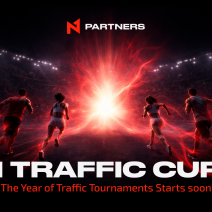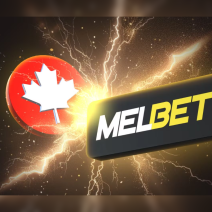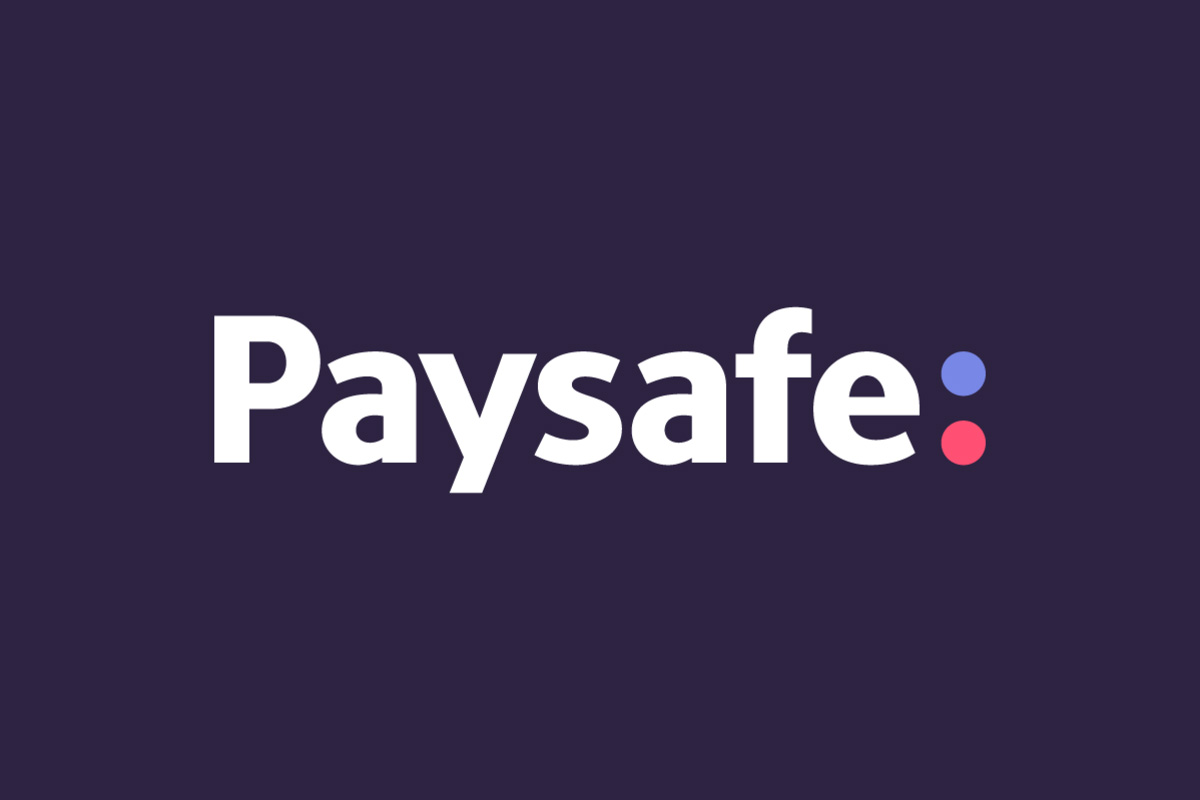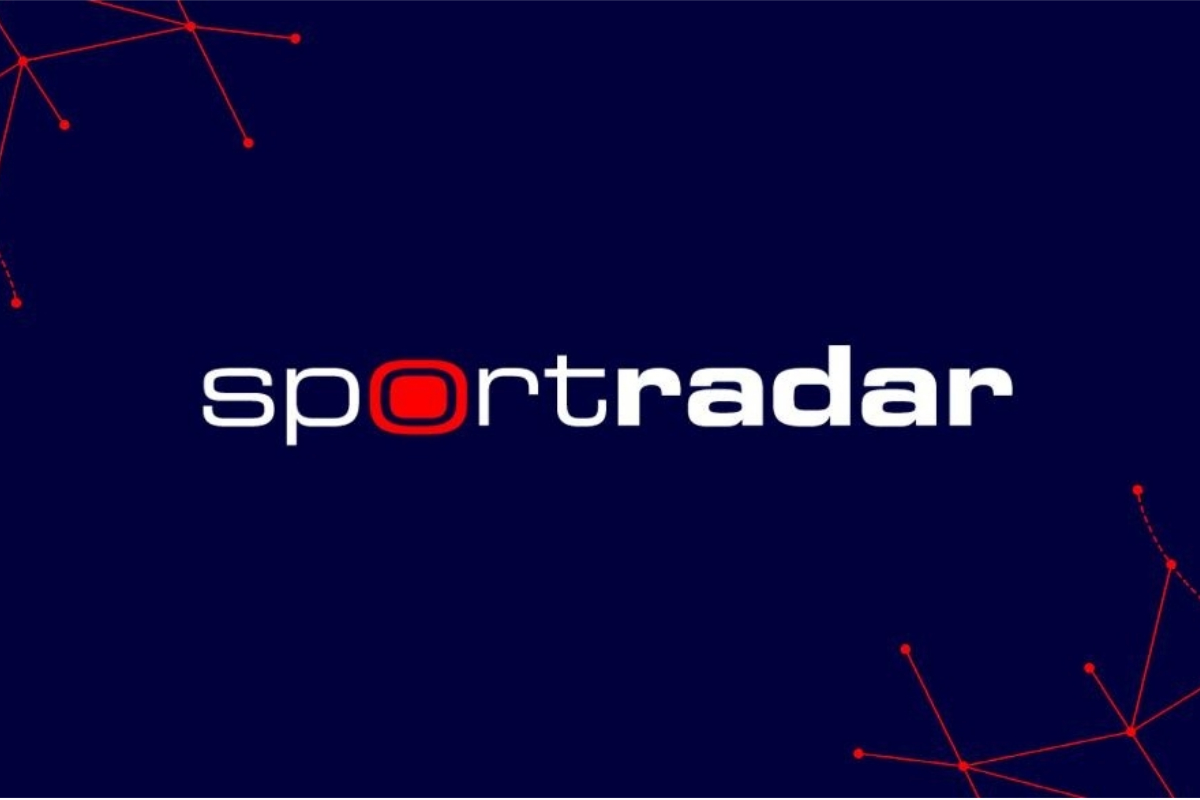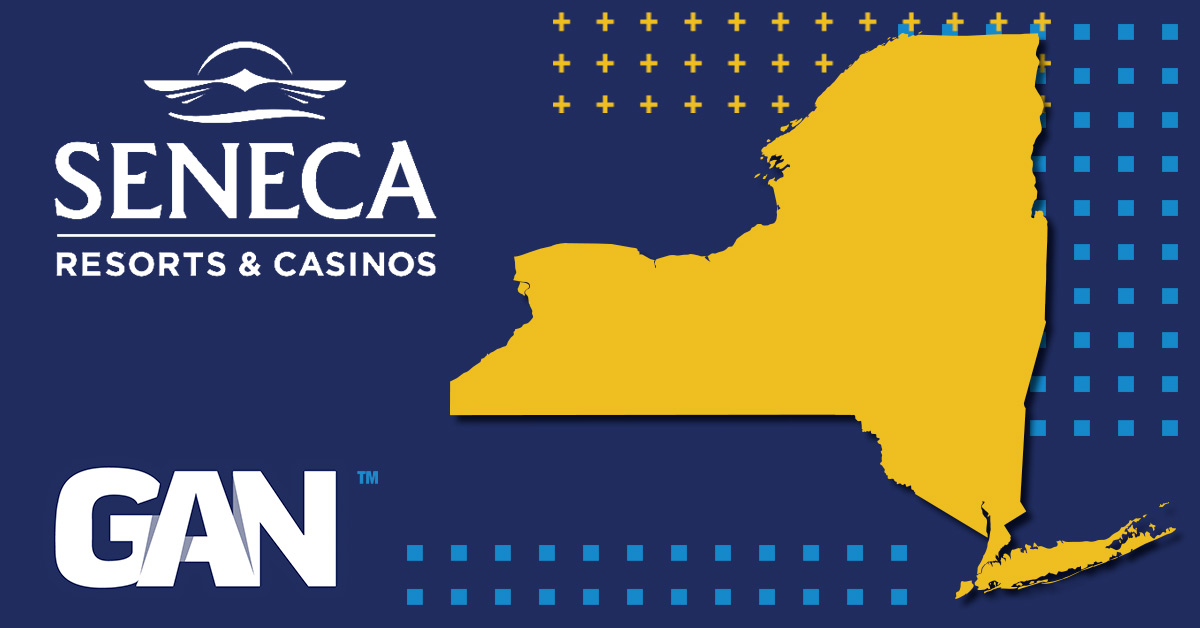
Genius Sports Signs Exclusive Data Partnership Deal with SRX
Superstar Racing Experience (SRX) has entered into an exclusive data partnership deal with Genius Sports Group to launch its first official betting platform.
SRX is expected to launch its inaugural season in June 2021 with six races scheduled for broadcast on CBS Television Network, and is expected to feature an exceptional line-up of all-star drivers and crews including NASCAR Hall of Famers Tony Stewart and various other auto racing legends, including Bill Elliott, Tony Kanaan, Paul Tracy, Bobby Labonte, Willy T. Ribbs, Mark Webber, Ernie Francis Jr., and Helio Castroneves.
As a trusted partner to NASCAR, the NBA, and English Premier League, GSG expects to utilize SRX’s official data feed to power a wide range of split-second betting markets on every race.
“We see the way the industry is trending with respect to new forms of technology and sports-gaming. We are enthused to partner with an industry leader in Genius to deliver a first-class and innovative betting experience with SRX. We look forward to driving fan engagement in new and creative ways, and know our partnership with Genius will set the foundation for that,” Sandy Montag, Co-Founder of Superstar Racing Experience, said.
“One of Genius’ global aims is to power the sports, betting and media ecosystem with the highest quality official data and video content. A key part of this is enabling new and emerging sports like SRX to harness the increased engagement and revenue opportunities that official betting products provide and we’re excited to connect their races with motorsport fans around the world,” Sean Conroy, Commercial Partnerships Director at GSG, said.


